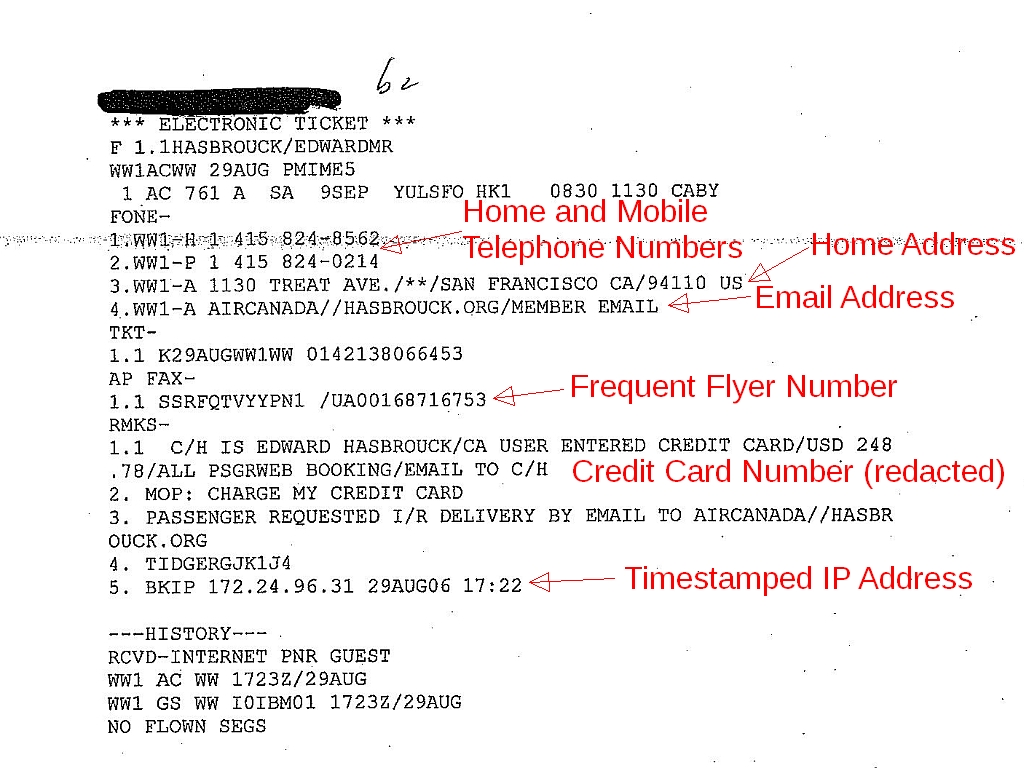US government thinks human rights are not essential
Representatives of the US government were scheduled to appear next week for public, in-person questioning in Geneva by the UN Human Rights Committee, as part of the UNHRC’s periodic treaty-mandated review of US implementation of the International Convention on Civil and Political Rights (ICCPR).
Each party to the ICCPR, including the US, is required by Article 40 of the treaty to report to the UNHRC, “whenever the Committee so requests”, on “the measures they have adopted which give effect to the rights recognized herein and on the progress made in the enjoyment of those rights.”
We were looking forward to next week’s session, at which the UNHRC was scheduled to consider issues we had raised in our submissions to the UNHRC, including US violations of Article 12 (Freedom of Movement) of the ICCPR and US failure to consider, respond to, log, or report on complaints of human rights treaty violations.
Today, however, the US requested and received a postponement until March 2014 of its appearance before the UNHRC, “due to the ongoing government shutdown.”
But the US government is not, of course, shut down.
Agencies, departments, and contractors deemed “essential”, including police, prisons, surveillance agencies, and travel “screeners” (searchers and interrogators), remain on the job. These “essential” operations include, of course, many of those engaged in human rights violations.
The real meaning of the US request for postponement of the review of its human rights record by the UNHRC is that the US does not consider compliance with international human rights treaties to be “essential”.
The government continues to violate our human rights during the “shutdown”. What have been shut down are any mechanisms for accountability, oversight, or enforcement of human rights treaty obligations.
This is nothing new or surprising, but it is nonetheless appalling. Human rights are essential. Compliance with treaties is as essential as compliance with any other provision of the US Constitution.
Unfortunately, this is typical of the way that decisions have been made as to which government functions are “essential”.
For example, the TSA and DHS offices responsible for responding to Freedom Of Information Act (FOIA) requests have been closed for the duration, even though FOIA mandates, and provide statutory deadlines for, responses to these requests. Meanwhile, TSA and DHS press offices, who perform no statutorily mandated function, remain open. Propaganda has been prioritized over both the substance of transparency and compliance with the law in making decisions about which offices will be kept open.
The postponement of the UNHRC’s review of US compliance with the ICCPR will give the Department of State more time to respond to our complaint of violations of the ICCPR by the State Department, and our FOIA request for State Department records related to complaints of human rights violations. That request and complaint have been pending for more than two years. Shortly before all FOIA offices were shut down, however, we were told by the State Department that it doesn’t expect to complete its response to our FOIA request until 2015. That’s too late, conveniently, for it to be considered by the UNHRC in its review of the US human rights recrod, even at a postponed 2014 session.


